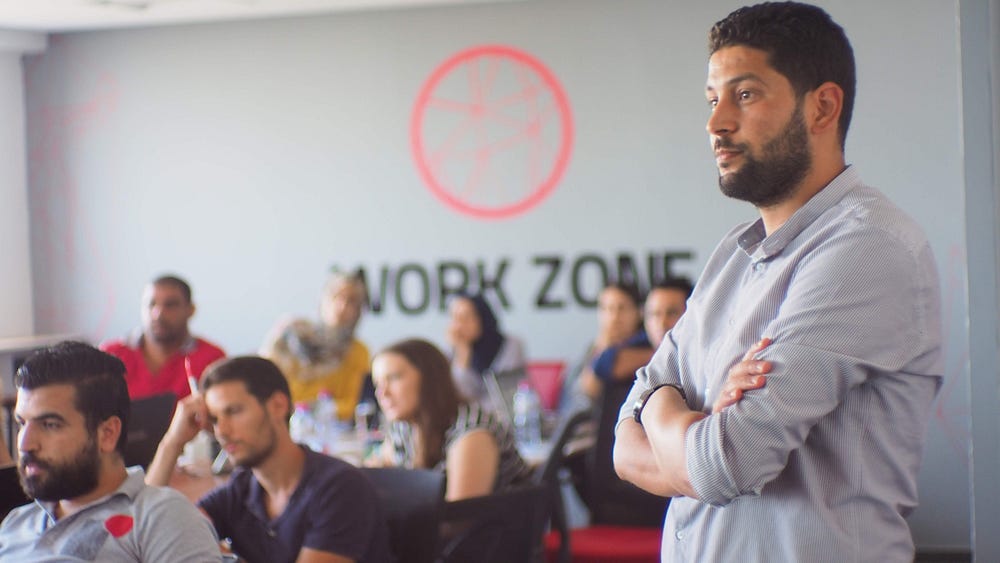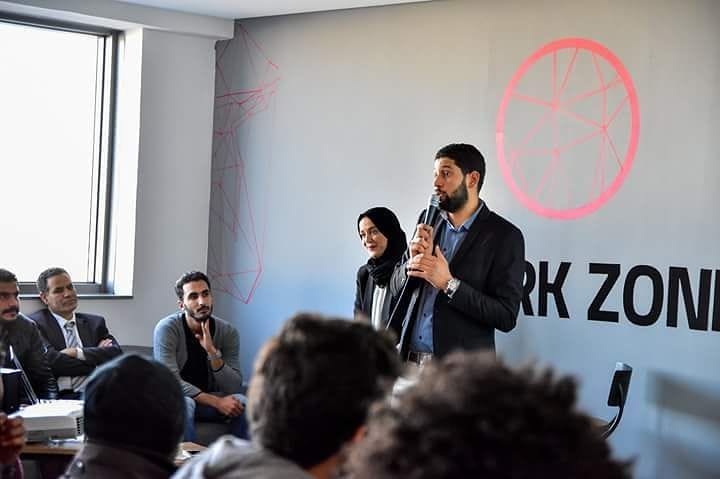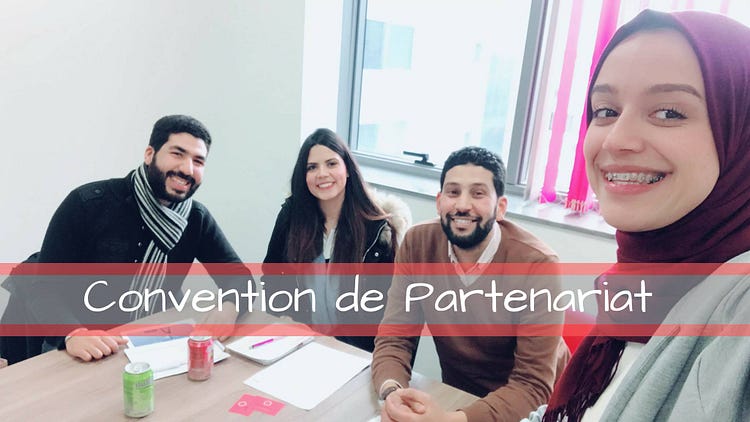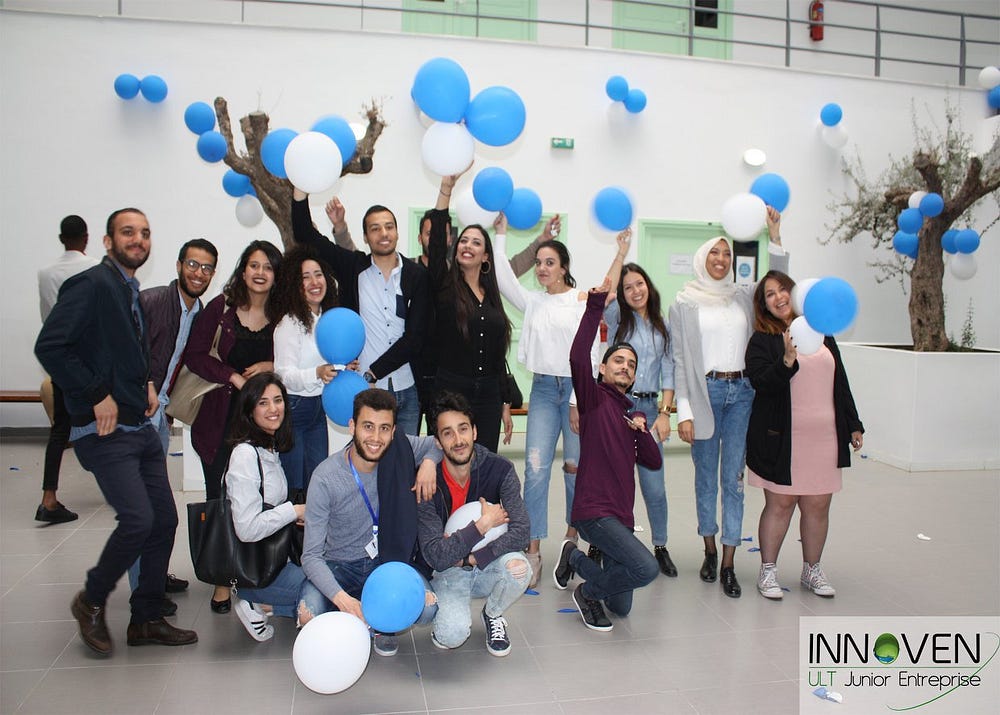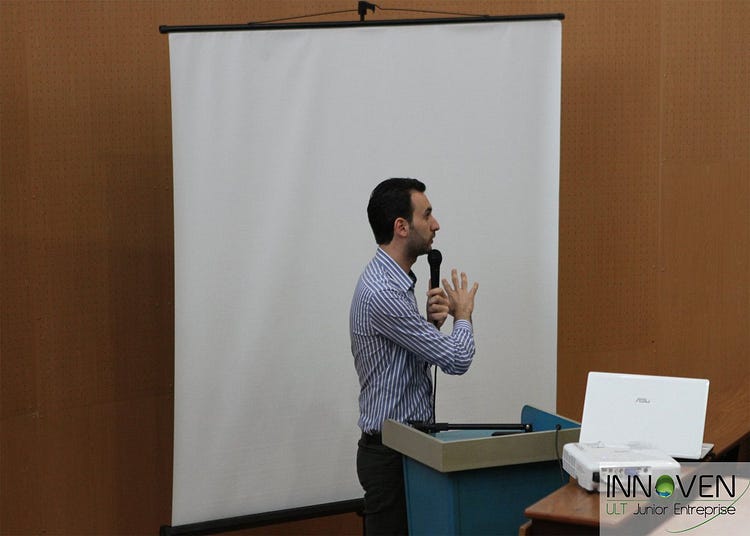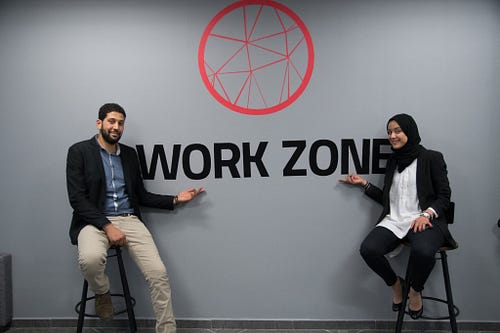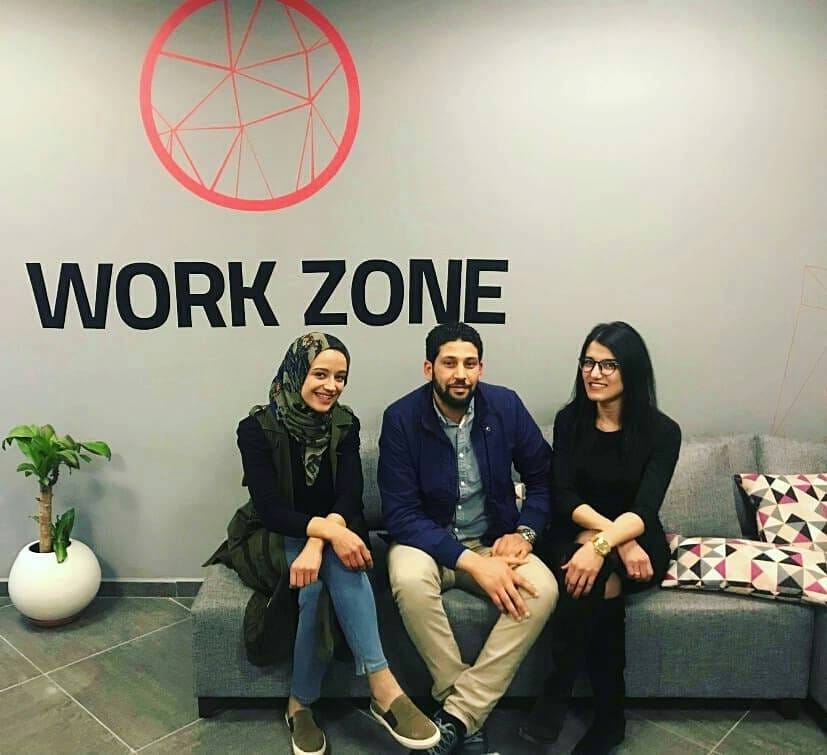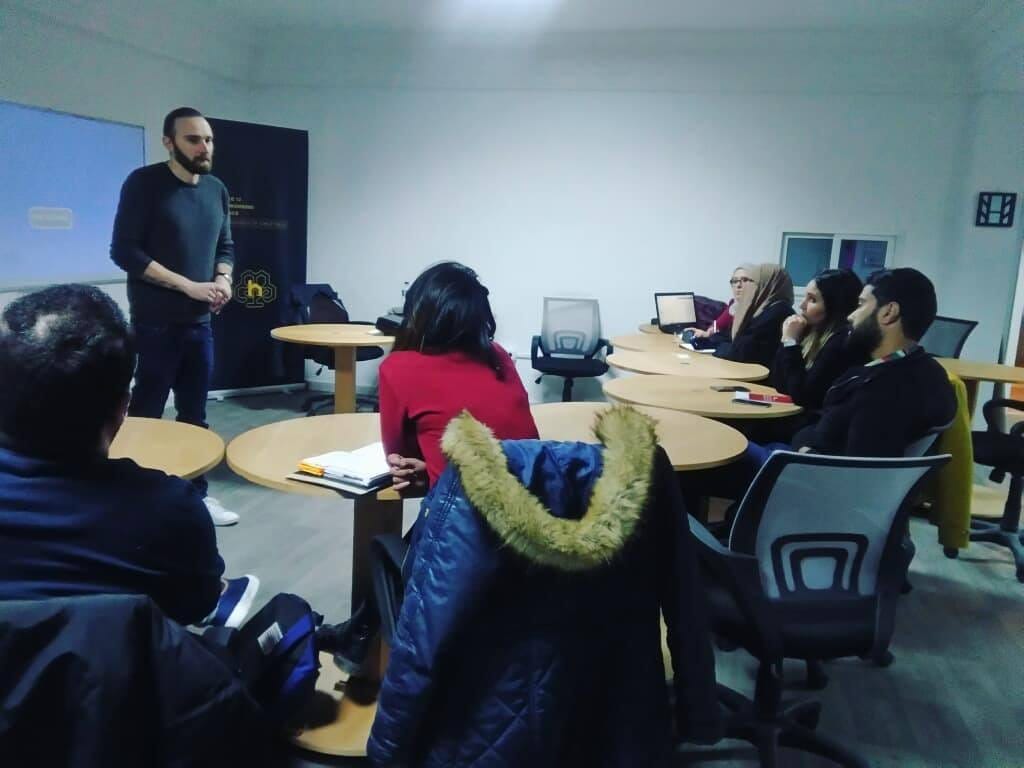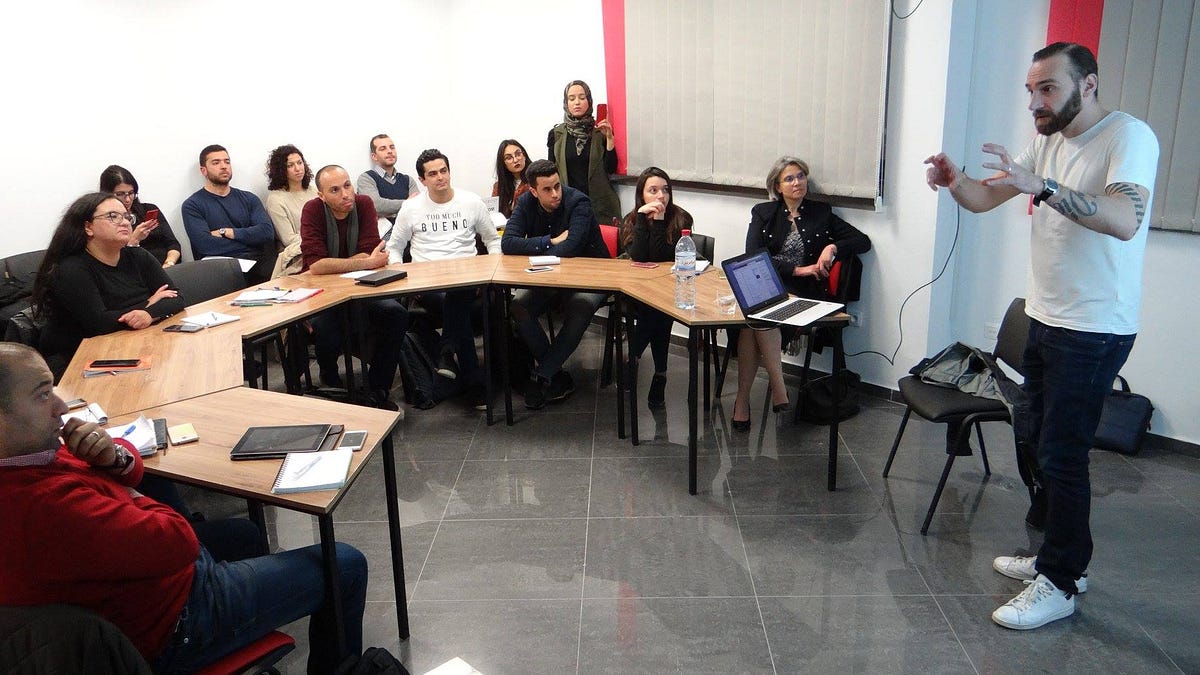A self-made Man: The Phoenix Rising from his ashes is not a Legend anymore.
Azzam Soualmia, Founder of Swiver, a plateform that provides TPE with business planning tasks in just a few clicks is the epitome of success.

At the age of 18, Azzam settled in Tunisia with a bac, no relevant work experience, humble language skills and a strong desire to work in sales. With no money in his pocket and no place to go to, Azzam began to work in a concrete (Béton) factory in exchange for food and shelter. A period of time later, the owner went bankrupt. Years later, Azzam Bought the concrete mixer of his old boss in order to create in a workshop of homemade charcoal. At that time, Azzam started to lose focus as to the inflow and outflow of money. As a result, he looked for an ERP solution [Enterprise Resource Planning], but none took into account Tunisian standards, and they were expensive and complicated to use for a small business. So, he made a tailor-made software according to his criteria with the help of a friend. Even if his friend withdrew, Azzam has never doubted the potential of his product and hired a new developer to refine the solution.

After only three months, 1,200 customers use the free trial version and 45 pay the 600 dinars annual cost that the paid version. Convinced of his project, Azzam participated then in the Bloomasters competition. Although he failed to win at that competition, the B@Labs, the incubation program of the largest Tunisian bank, BIAT, identified the solution and contacted the entrepreneur to integrate his program.
Then, Azzam Soualmia met Hichem Radoine, the twenty-years of experience expert in accounting in France. Hichem, agreed to become the general director of Swiver.
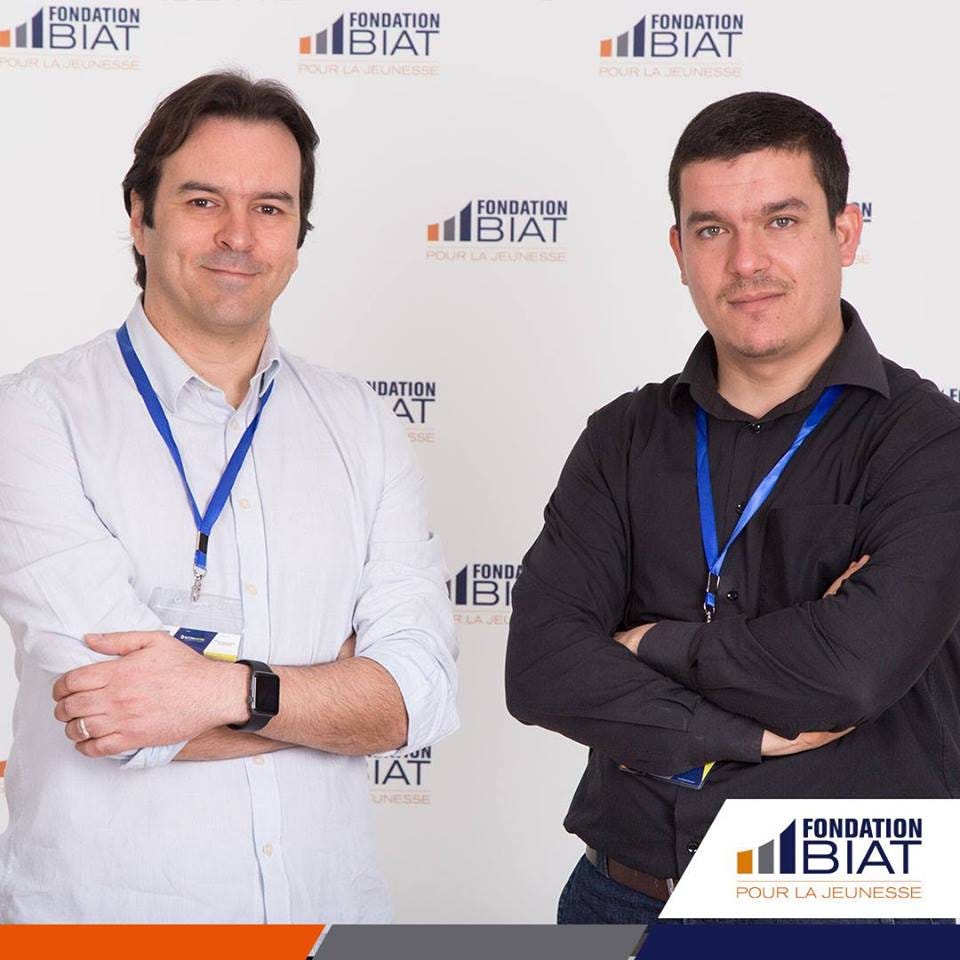
Now, 5,000 customers within two years with a fundraising of more than 500 million dinars from the CARTE Group is just outstanding.
“Swiver saves us a lot of time and I recommend all PMEs to settle for this application as it will help them manage important tasks such as manage payments, the customer portfolio or purchases to suppliers. It is such a pleasure that at Work Zone, we are providing a simple formula for our coworkers as to use swiver to manage their small businesses” Says Seifelddine Tarhouni, CEO of the Workzone Coworking space
